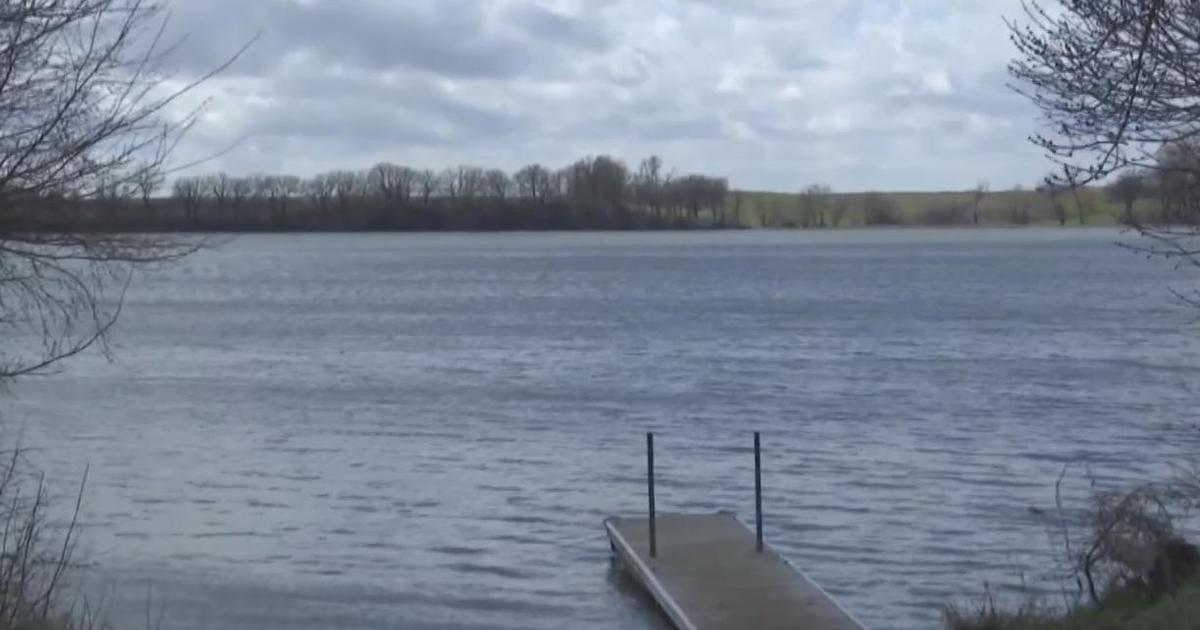2 More South Dakota Farms Confirmed With Deadly Bird Flu
SIOUX FALLS, S.D. (AP) -- A bird flu outbreak that has puzzled scientists spread to three more Midwest turkey farms, bringing the number of farms infected to 23 and raising the death toll to more than 1.2 million birds killed by the disease or by authorities scrambling to contain it.
The U.S. Department of Agriculture confirmed on Saturday that the H5N2 strain of avian influenza was found among 38,000 birds at a commercial farm in Kandiyohi County in west-central Minnesota. It's the third confirmed outbreak in Kandiyohi, which is the top turkey producing county in the country's top turkey producing state.
This was after the USDA confirmed late Friday that bird flu was found at two more South Dakota farms, saying it had infected a flock of 53,000 turkeys at a farm in McCook County and in a flock of 46,000 turkeys at a farm in McPherson County.
South Dakota State Veterinarian Dustin Oedekoven said crews were working Saturday to begin euthanizing any birds not killed by the highly contagious strain to prevent the virus from spreading.
Once those birds have been destroyed, the 23 farms in Minnesota, South Dakota, North Dakota, Missouri, Kansas and Arkansas will have lost more than 1.2 million turkeys, a small fraction of the 235 million turkeys produced nationally in 2014. Canadian officials also confirmed earlier in the week that a turkey farm in southern Ontario with 44,800 birds was hit, too.
Ken Rutledge, the CEO of Dakota Provisions, the only commercial turkey processing plant in South Dakota, said the more than 200,000 turkeys affected in the Dakotas so far account for about 5 percent of his total annual production.
"It probably will not impact our ability to service our customers, but is a serious impact in terms of lost volume at our plant and, obviously, is a severe impact to the growers themselves," Rutledge said.
In Minnesota, turkey producers have now lost over 900,000 birds.
Scientists suspect migratory waterfowl such as ducks are the reservoir of the virus. They can spread it through their droppings. They're still trying to determine how the virus has managed to evade the strict biosecurity that's standard practice at commercial turkey farms. The virus can be carried into barns by workers or by rodents and wild birds that sneak inside.
Dr. Beth Thompson, assistant director of the Minnesota Board of Animal Health, said the reason Minnesota has had so many cases has a lot to do with the fact that it's the country's top turkey producing state, and that it has a myriad of ponds and lakes that are attractive stopover places for migrating waterfowl such as ducks.
"We have to think about what Minnesota is. It's the Land of 10,000 Lakes bringing the wild waterfowl into Minnesota, and we're also number one in turkey production. I think that answers the question, that we do have a lot of turkey barns out there, and that is why we are seeing the infection rate we are in those facilities," she told reporters Friday.
Officials stress the risk to public health is low and that there's no danger to the food supply. No human cases have been detected in the U.S.
Because trucks and equipment provide a potential way to carry the virus onto farms, Minnesota Gov. Mark Dayton signed an executive order Friday lifting seasonal weight restrictions for poultry feed trucks and trailers, and for emergency equipment being used in the response. His order said tightening biosecurity by reducing the number of trips to poultry farms is critical to lowering the risk of introducing the virus to non-infected farms.
While South Dakota's taken a drubbing in the last two weeks, Oedekoven, the state veterinarian, said tests on poultry living in the 10-kilometer quarantine zones of the state's first two farms have almost all come back without any signs of the disease. They're still awaiting a few results.
And he said for the time being, no other possible cases are pending confirmation in the state.
"If we can get a couple nice days of sunshine here and have everybody just wash their boots and blow their nose, we'll hope for the best," he said.
(© Copyright 2015 The Associated Press. All Rights Reserved. This material may not be published, broadcast, rewritten or redistributed.)



